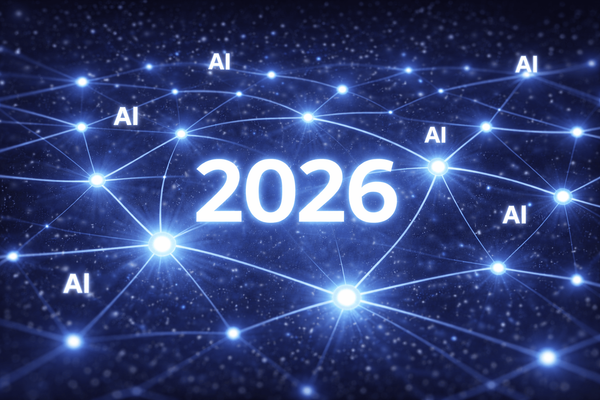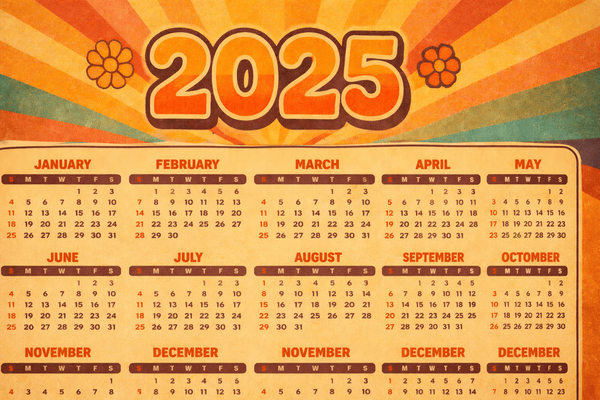Crossing the AI Threshold: When Does Writing Stop Being Yours?
Don't underestimate the effort required to write an article using generative artificial intelligence.

Over the past few years, Apple has introduced numerous improvements and new features to help their customers enhance their security posture. Apple recognizes that, in today's world, support for data protection and privacy is more than ever a significant differentiating factor. In 2024, I had the idea to write a guide for Apple product users to provide a comprehensive overview of available features and their interconnections. It goes without saying that although Apple's ecosystem enjoys a reputation for being more approachable than other ecosystems, it remains confusing or even difficult for the average person to navigate cybersecurity topics.
Little by little, I began researching existing articles and references. I eventually realized that a guide like the one I envisioned didn't exist in the form I imagined. My research allowed me to gather numerous support articles from Apple and several articles published alongside new versions of iOS. For example, the App Tracking Transparency (ATT) feature has garnered much interest and even controversy, resulting in many related articles.
However, by the end of 2024, I realized that writing this guide was a more substantial task than I had initially imagined. I knew how the topics would be organized, grouped, and detailed. I knew I had to target the general public, keeping the content high-level to remain understandable to the majority. Thus, I did not want to delve too deeply into the "how-to" specifics. The core idea was to present an overview of all available features while including some best practice advice.
In October 2024, ChatGPT launched its conversational writing feature, ChatGPT Canvas. After watching demo videos and reading articles about this feature, I wondered if using it could help me write this security guide. I first tested the tool with fictional topics to gauge its power and flexibility in supporting writing. I decided to take a chance with a real scenario by using it to create the skeleton of my guide. An easy starting point with ChatGPT in this context was uploading PDFs of the references I had gathered during my research to feed into the subsequent steps.
After several hours of "conversation" with ChatGPT Canvas, I achieved approximately 80% of what I initially envisioned. It was significantly faster and more efficient than if I had written it from scratch, especially given the many research hours I had accumulated. From there, I switched to my preferred writing application to refine the text further. I revised several sentences, removed redundant sections, restructured topic sequences, added elements like basic definitions to clarify concepts for readers, and even created a comprehensive diagram using Apple Freeform to accompany the text and visually connect all the concepts covered. Ultimately, I am quite proud of the final result.
I published the article on this website and a post on my blog explaining the writing context. Within days, it became one of the most-viewed articles (in the top 3), and I received positive feedback.
This weekend, I decided to publish it on Medium by submitting it to the Mac O'Clock publication. The publication's editor politely declined, citing that the text was written with the assistance of AI. He was not wrong. I explained my approach, but he maintained his decision nonetheless. While I can't blame him, this refusal has made me reflect deeply, raising the question: at what point does using AI cause the research and writing process to lose its personal touch, diminishing the value or authenticity of the resulting work?
I continue to believe that my guide addresses a significant gap in existing literature and provides unique value. I am convinced that readers who take the time to read through the guide and implement even a few of the presented tips or services will significantly enhance their security posture. Isn't that a positive outcome?
The arrival of generative artificial intelligence in the creative process significantly disrupts both creation itself and our expectations of those contributing to human knowledge. We haven't finished asking ourselves questions—myself included. Overall, the experience has been positive and helped me evolve as a creator.
This text was initially written in French, my native language, and then translated into English using the ChatGPT 4.5 LLM model. Does it lose its value because of this? You tell me.



